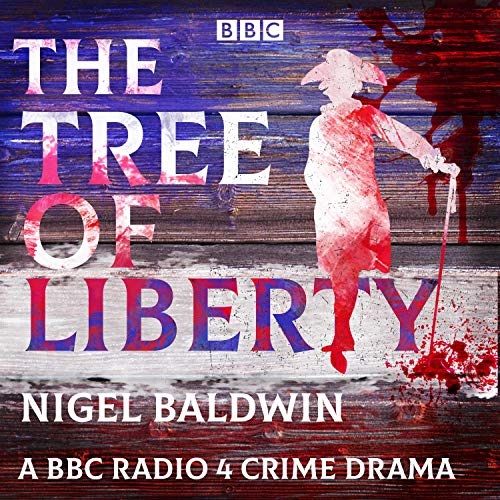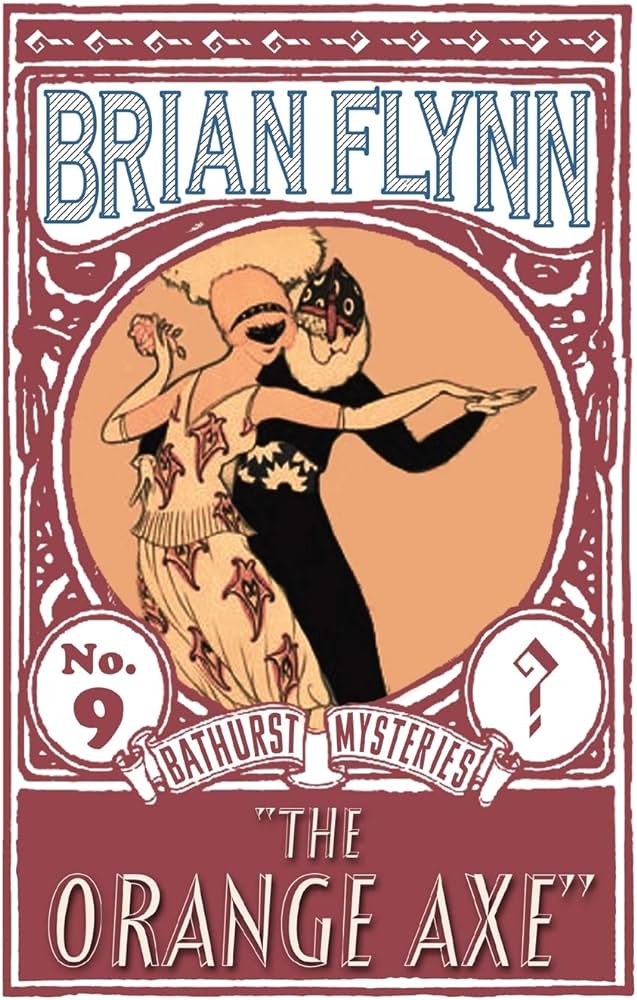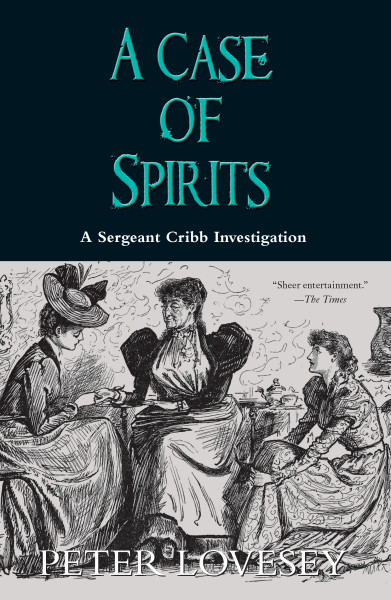
George Limnelius
Originally Published 1929
The Medbury Fort Murder came as something of a surprise to me. While the blurb certainly highlights the locked room element of the story, the novel could also be described as an inverted mystery and a traditional detective novel. And what makes that truly bananas is that it attempts to be all of those things at the same time.
The novel was first published in 1929 by the Crime Club and was written by Lewis George Robinson under the pseudonym George Limnelius. If that name doesn’t ring any bells it is likely because he didn’t pen many mystery novels and this seems to be the best regarded of the bunch.
Robinson draws on some of his own experiences of serving as an army medic in West Africa in this novel, particularly in the opening chapters where we learn Major Preece’s history and begin to build an understanding of the forces that will inspire him to wish to murder a fellow officer.
In these chapters we also encounter the man who will become the murder victim, the odious Lepean, and we see how little he is liked by the other men stationed at the Medbury Fort. We learn why Preece decides he will kill him and some general ideas of his plan but we may be a little surprised when the next morning Lepean is discovered with his throat cut locked in his own bedroom.
From that point on we would be getting heavily into spoiler territory but I will say that the remaining chapters present the perspectives of both Preece and the investigator, allowing the reader to understand what each are thinking and how they are trying to steer the investigation. They also present us with a little twist that takes the novel in a different, more traditional direction.
Overall, I think the combination of these styles works surprisingly well. Certainly better than I would have expected from a description. There is plenty of tension as we try to piece together exactly what has happened and because the evidence at the crime scene seems to so clearly implicate Preece.
The weakest element of the story is the locked room to the extent that I really debated whether or not to put it in my locked room category. The solution to how it was done is a familiar one and so sadly there is not much innovation there. I would certainly not suggest seeking this one out for the locked room.
The inverted elements on the other hand are much more successful and combine very effectively with the traditional detective investigation part of the story. I particularly appreciated that while we know what Preece was looking to achieve, we can clearly see that he had not left the crime scene the way he had planned. With evidence suggesting him as one of the likeliest suspects, we see him attempt to locate a more appealing figure for the Police investigation.
The investigation itself is a little tougher to evaluate, in part because I do not think it really lends itself to be viewed as a traditional puzzler. Certainly the reader could utilize the information they are given and make some reasonable guesses to come to the correct conclusion but it rarely feels like ratiocination.
Not that the detective really does anyway.
My biggest problem with this book relates to the world view and criminological beliefs of the investigator, McMaster who asserts the no violent crime has ever been committed by an educated man. That view is essentially derived from the most classist of outlooks on life but even if you ignore the inherent class prejudice, it is far too sweeping a statement to use to justify ruling suspects out of a murder charge. It is also quite demonstrably incorrect such as with the case of serial killer H. H. Holmes. I not only groaned when I read McMaster saying it a second time, I also took him a lot less seriously as a sleuth.
On a more positive note, I really embraced the novel’s complex characterizations. I was very pleasantly surprised by how modern Limnelius’ characters can feel. A few days ago I read Henry Wade’s Too Soon to Die which was written a quarter century later yet dealt with infidelity awkwardly rather than in the more frank way Limnelius presents the issue. Limnelius’ characters may still speak quite breathlessly but they do sound passionate and conflicted.
For much of this book I was really expecting to come here and get to post a rave review. I was gripped throughout almost all of the novel and I felt that the novel was building towards a special ending. Unfortunately I just could not see past the McMaster class comments and felt underwhelmed by the solution given which did not convince me.
As much as I like the novel’s ambition and its approach to character-building, at least for its central figures, the story does not match up to its inventive framework. With a better solution I think this hybrid form of mystery storytelling could have worked but as it is, I cannot think of a good reason to recommend it.
Vintage Mysteries Challenge: An author you’ve never tried (Why)




Leave a reply to Aidan Cancel reply